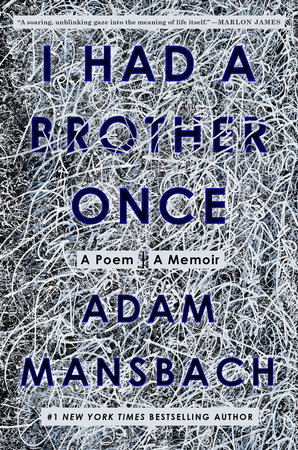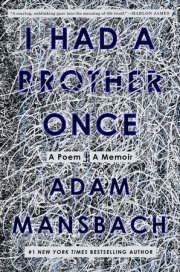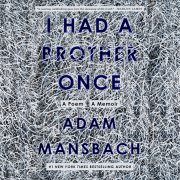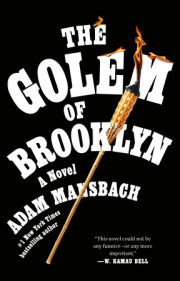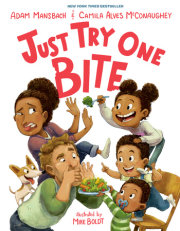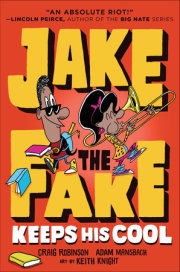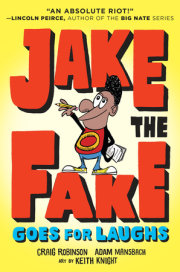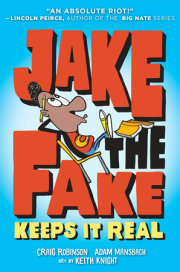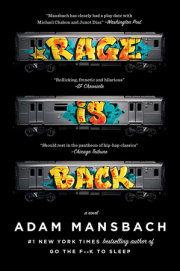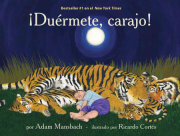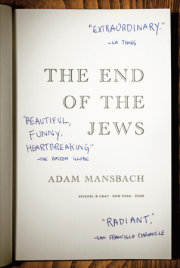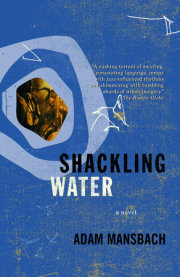first of all i never
usually stayed out past
midnight or even ten,
but i was feeling
myself that night.
something was ending
& it was time to celebrate.
my friend emery had
reserved the back room
of a center city lounge
so we could spin some
records for the first &
final time before i
packed up the rented
carriage house &
u-hauled out of town.
one year in philly had
sprawled into two &
i’d been digging weekly
that whole time
at this spot called beautiful
world & another called
milkcrate, plus mark’s
spot, which didn’t have
a name, & then there was
another out past bryn mawr
that i found by accident,
a place the local deejays
had long written off
as trash, except i happened
to fall through just as
a new collection came up
from the basement, had not
even been filed yet, all
holy grail joints--the del
jones record, a mint
original headless heroes
of the apocalypse lp,
the bo diddley with the
break, the rhetta hughes,
the johnny houston, some
forty pieces & nothing
stickered past eight bucks.
it’s bound to happen if
you dig long & doggedly
enough, but only about
once per decade. my last two
had been waterville maine
in ninety-six & the jamaican
lady i met outside academy
records in manhattan double
parked on twelfth street,
truck sagging with roots
reggae. there were two guys
working that day, a bald
headed whiteboy & a dread,
& the wrong one jogged out.
he took a quick flip through
& passed. i slid up & i asked
if i could look, ended up
jumping in the shotgun seat
& driving back up to the bronx
to see what she had left at home.
that was two thousand two
or possibly oh-three
& now it was may twenty-eight
two thousand eleven. i’d
amassed two crates, one for
each year of my expiring
university appointment, &
barely listened to a lot of it
myself; all i had at the house
was a portable turntable emery
had let me hold, & all my
three year old wanted to hear
was the dixie cups crooning
about their trip to the chapel
of love, maybe because her
mother & i were not
married ourselves.
i had not spun out
since leaving california, &
music always sounds different
when you are rocking for
a room, studying the way
each song hits. deejaying
is the art of making people
hear what you do. each
record transforms the crowd
& each crowd the record.
i invited my grad students
& most of them came. it
was a small mfa program,
tightknit, with little of the
pettiness or gamesmanship
i recalled from my own.
after workshop we often
went for drinks, a motorcade
of hatchbacks & tin cans
cruising four blocks to the
tavern near campus because
walking even that far was
considered foolhardy in
camden at night. one bar
for an entire university was
one too few, meant i risked
seeing my undergrads
drunk, but it was no worse
than running into them while
i was lifting weights at the
school gym, & for the most
part we were all adept at
not getting in each other’s
way, like housemates sharing
a kitchen.
somebody took a flick
of me behind the wheels
that night, probably leslie.
my left hand is pressed
to the wax, fingertips
backcuing the funky
little drumfill at the top
of hit or miss, right hand
a jutting peace sign,
elbow cocked, arms tan,
emery grinning beside me.
that was one of the last
records i played, which
means it was about twelve
thirty & might even be after
the first call from my father,
the one i ignored, straight
cognitive dissonance, there
was no earthly reason
he would call that late &
i was in the middle of
my set, no one was sick
or frail, my last living
grandparent was already
dead. i told myself
he must have dialed by
mistake in his car, home
bound from the newspaper
after writing the first headline
the greater boston area would
see tomorrow when they freed
the globe from its plastic
sheath, tipped their coffee
mugs mouthward, destroyed
the symmetry of their donuts.
but five minutes later
he called again & this time i
picked up, cupping a palm
over my open ear to blunt
the funk booming behind.
i still didn’t think anything
was wrong. in fact, i remember
or think i remember being
slightly annoyed, in the belief
that this call was a frivolous
intrusion, which makes
so little sense that perhaps
i knew better & was frightened
enough to erect this cardboard
buttress.
my father said
i’ve put this off as
long as possible
that’s not what he said.
i mean me. i would live
here in this preamble
forever. rework it. fold in
new ingredients. knead it
till the gluten breaks. yammer
on about records. tell some
jokes. have i mentioned
that on this night & for
the six weeks beforehand
a book i had written that
did not yet technically exist,
could not be held in hands till
june, was somehow outselling
every other book in the world?
there was almost certainly
a split second when i
convinced myself my father
was calling about that,
jubilant with some new
tidbit that had dropped into his
newsroom off the a.p.
wire, additional victims
claimed by this viral sensation
of mine. we could talk about
the book. i could tell you
a few stories about stories,
flip a little wordplay, we could
warm up with some improv
games. it has been eight
f***ing years & i have written
everything but this.
my father said
david has taken his own life
& i answered as if i didn’t
understand or hadn’t heard.
my reply was what? & he
repeated it. there is plenty
to regret & perhaps this
is insignificant but i wish
i had not made him
say it to me twice.
Copyright © 2021 by Adam Mansbach. All rights reserved. No part of this excerpt may be reproduced or reprinted without permission in writing from the publisher.

